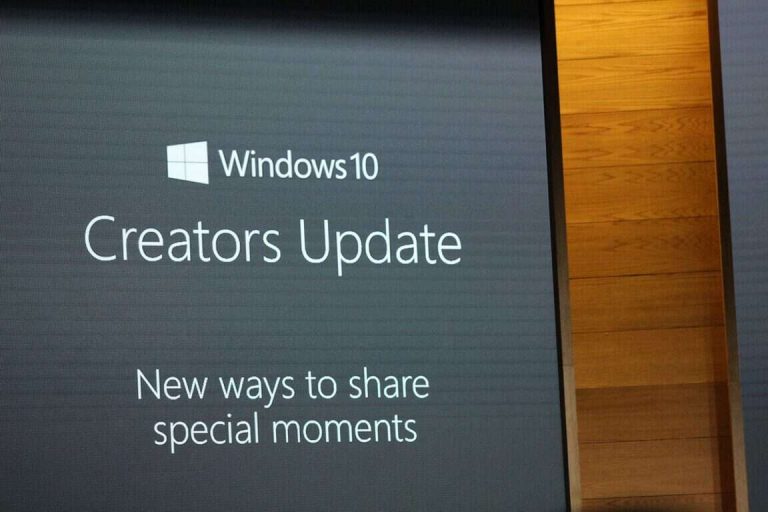Earlier this week, we learned that Microsoft was blocking the Windows 10 Creators Update on some old PCs with Intel Clover Trail Atom processors. For those unfamiliar, these mobile processors were designed for the first 2-in-1 Windows 8 devices that launched in early 2013, a couple of months after Microsoft and some of its partners launched a couple of Windows RT devices (including the original Surface RT) with ARM processors.
Since Microsoft now considers Windows 10 as “a service,” the company is now committed to supporting all Windows 7 and Windows 8 PCs that upgraded to Windows 10 “for the supported lifetime of the device.” However, Microsoft can only keep supporting these devices with regular Windows 10 updates if Intel and PC manufacturers keep releasing new drivers for these old PCs.
In a post on its community website in April, Microsoft confirmed that four Intel Clover Trail processors (Z2760, Z2580, Z2560, Z2520 ) were currently not supported on Windows 10 Creators Update. However, the company said at the time that it was “working with our partners to provide compatible drivers for these processors.”
Unfortunately, the company has since changed its plans as these processors are no longer supported by Intel. As a result, a Microsoft spokesperson explained in an email statement sent to us that all devices utilizing Intel Clover Trail Atom processors will stay on the Windows 10 Anniversary Update going forward. Additionally, Microsoft will provide security updates to all these devices through January 2023.
You can read the full statement below:
With Windows 10, we introduced Windows as a Service, a model for continuous value delivery via twice annual feature updates and monthly quality updates. Along with this updated delivery cadence, we adjusted our support lifecycle policies to reflect the Windows as a Service model. Recognizing that a combination of hardware, driver and firmware support is required to have a good Windows 10 experience, we updated our support lifecycle policy to align with the hardware support period for a given device. If a hardware partner stops supporting a given device or one of its key components and stops providing driver updates, firmware updates, or fixes, it may mean that device will not be able to properly run a future Windows 10 feature update.
This is the case with devices utilizing Intel Clover Trail Atom Processors1 today: they require additional hardware support to provide the best possible experience when updating to the latest Windows 10 feature update, the Windows 10 Creators Update. However, these systems are no longer supported by Intel (End of Interactive Support), and without the necessary driver support, they may be incapable of moving to the Windows 10 Creators Update without a potential performance impact.
We know issues like this exist and we actively work to identify the best support path for older hardware. As part of our commitment to customers, we will be offering the Windows 10 Anniversary Update to these Intel Clover Trail devices on Windows 10, which we know provides a good user experience. To keep our customers secure, we will provide security updates to these specific devices running the Windows 10 Anniversary Update until January of 2023, which aligns with the original Windows 8.1 extended support period.
This is the first time that Microsoft is extending the support period of the Windows 10 Anniversary Update (which was originally 18 months, like for all major Windows 10 updates) for certain PCs, and it probably won’t be the last. “Windows as a Service” can only work if hardware partners keep supporting old devices, and we’re now seeing that Intel is not willing to do it for fours years old processors.
Consumers who bought devices with Intel Clover Trail processors will still be able to use them safely through January 2023, but they will no longer get new feature updates from Microsoft. This is certainly better than nothing, but it still appears as the first grain of sand in the gears of Microsoft’s ambitious “Windows as a service” policy.



